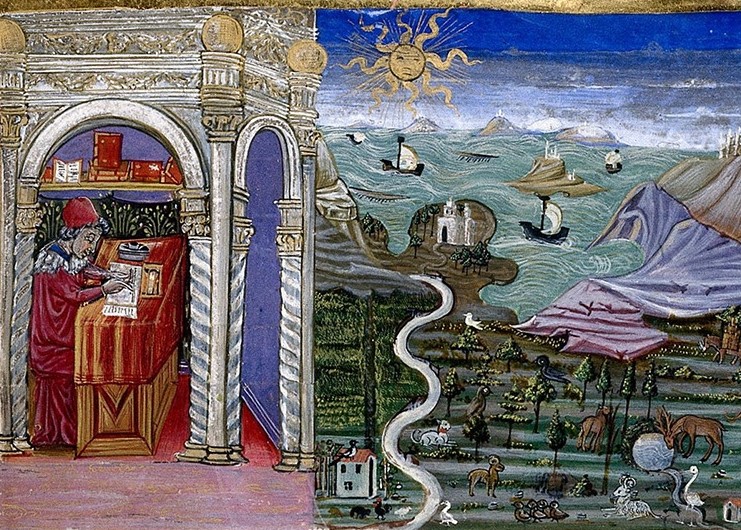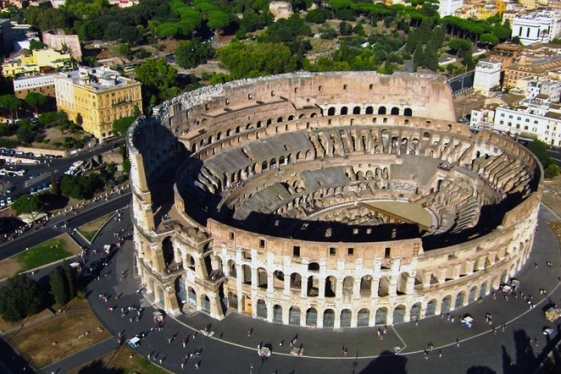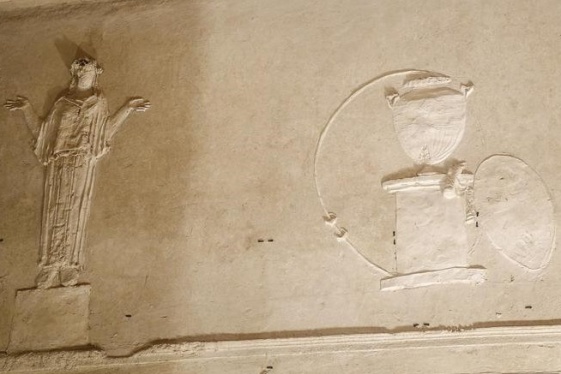

Among the achievements of the ancient Roman Empire still acclaimed today, historians list things like aqueducts, roads, legal theory, exceptional architecture and the spread of Latin as the language of intellect (along with the Latin alphabet, memorialised nowadays in many popular typefaces). Rome was not known, though, for substantially advancing basic science.
But in the realm of articulating and preserving current knowledge about nature, one Roman surpassed all others. He was the polymath Gaius Plinius Secundus, aka Pliny the Elder, the original compiler of scientific knowledge by reviewing previously published works.
SOURCE: https://science.thewire.in
You may be interested
-
Exciting Palatine. Interview with Clementina...
You can tell she fills with excitement when she has the chance to show an important archae...
-
Italian Open's History and Records: A tale o...
For Italians, and Romans in particular, the Open is not just a tennis tournament where cha...
-
'Basilica of Mysteries' reborn in Rome
The so-called 'Basilica of the Mysteries' has been reborn in Rome. The basilica, one of th...
-
'Carbonara Day' celebrates famous pasta dish
On Friday, April 6, the world will celebrate "Carbonara Day", an occasion launched by the...
-
'Gladiators' bring Roman flavor to R.I. polo
As thousands of sharply dressed spectators converged on the turf of Newport International...
-
'Hot priests' grace Rome's calendar
It is officially called the Calendario Romano, or Roman Calendar. But on the streets of Ro...
-
'No one should be left behind': Italian teen...
A 15-year-old boy, known as Simone, has become an overnight internet sensation after stand...









